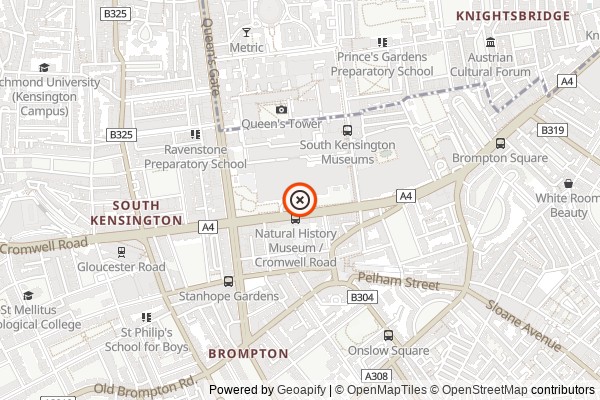This event has finished Took place on: Friday, 28th Jul 2017
For a quirkier Friday night, join us in the evening on the last Friday of the month and uncover things you never knew about the natural world.
Museum scientists and guest speakers bring you face-to-face with rare specimens from the Museum's collection. Entry is free, with some paid activities. The evening kicks off with the first talk at 19.00.
Eating and Talking, Whale-style
Museum scientist Ellen Coombs presents spectacular specimens from the collections, including part of a whale foetus, a narwhal replica tusk and a sperm whale's tooth, and will reveal incredible cetacean feeding and communication strategies.
Cetaceans - whales, dolphins and porpoises - have evolved remarkable techniques for thriving in the ocean, from lunge-feeding and cooperative hunting to the clicks and whistles of whale calls. Why do some whales have teeth and others have baleen? How do toothed whales echolocate? Do different whale species have distinctive whale songs? Join us and find out.
Whale Fall: Full-board for lodgers of the deep
What happens when a whale dies? The high pressure and the cold at the sea floor enable a whale carcass to sustain deep-sea organisms, such as sleeper sharks and bone-eating worms, for decades.
Join deep-sea biologists Adrian Glover and Helena Wiklund as they share incredible footage of expeditions, and discover how the death of one oceanic animal creates unique ecosystems for a diversity of others.
Stranded: What we learn from whales washed ashore
Discover what post-mortem examinations and data on strandings can tell us about the lives and deaths of cetaceans around the UK coast and beyond, thanks to the Zoological Society of London's UK Cetacean Strandings Investigation Programme.
Strandings of cetaceans (whales, dolphins and porpoises) are sadly not uncommon along our coast. But these unfortunate events can give scientists valuable information on the threats these species face.
Researchers from the programme will be on hand tonight to talk about what they have learnt during 25 years of research on strandings, using samples, video footage and images gathered during post-mortems to help illustrate their work. Graphic images and material may be on display.
Free talks
Attenborough Studio. Admission is on a first-come, first-served basis.
The Social Lives of Whales and Dolphins
19.00-19.45
Join Luke Rendell, lecturer at the School of Biology at the University of St Andrews, to discover the extraordinary social lives of whales and dolphines.
Sperm whales have distinct family units and dialects. Dolphins are masters of imitation. We've seen killer whales practice intentional beaching with their calves - a risky but efficient way to hunt sea lions on the shore. Are these sophisticated communication systems and the sharing of skills evidence of culture in cetaceans?
Masters of the Ocean: How the whale became a giant of the sea
20.15-21.00
Researcher Travis Park explores the latest findings on the key adaptations that have enabled whales to become true masters of the oceans. Discover, amongst other things, what fossilised baleen tell us about how whales have been able to become so enormous, and how to really understand whale evolution we need to explore whale ears.
The earliest ancient whale is believed to have been a four-legged hoofed animal, which was around the size of a wolf and spent most of its time on land. The whales of today are a diverse group of fully marine mammal that includes the largest animals ever to have lived. They can communicate over thousands of miles and consume half a ton of krill in one single feeding lunge. Their evolution is a fascinating transition and a remarkable story.
Contact and Booking Details
This event has finished Took place on: Friday, 28th Jul 2017
Booking details and information at this website.
No need to book tickets - just turn up on the day.
Disclaimer: All information given is correct at the time of compiling the listings. Any questions about the event should be directed to the event organiser. Photos and images used in this listing are supplied by the organiser.
2017-07-28 2017-07-28 Europe/London Natural History Museum Lates See exhibitions, enjoy talks, science demonstrations and a drink or two after hours at the Museum. https://www.ianvisits.co.uk/calendar/2017/07/28/natural-history-museum-lates-148854 Natural History Museum,Cromwell Road, London, London,Location
London,
SW7 5BD

Nearest tube and train stations to Natural History Museum
What else is hapening in London on 28th Jul 2017






